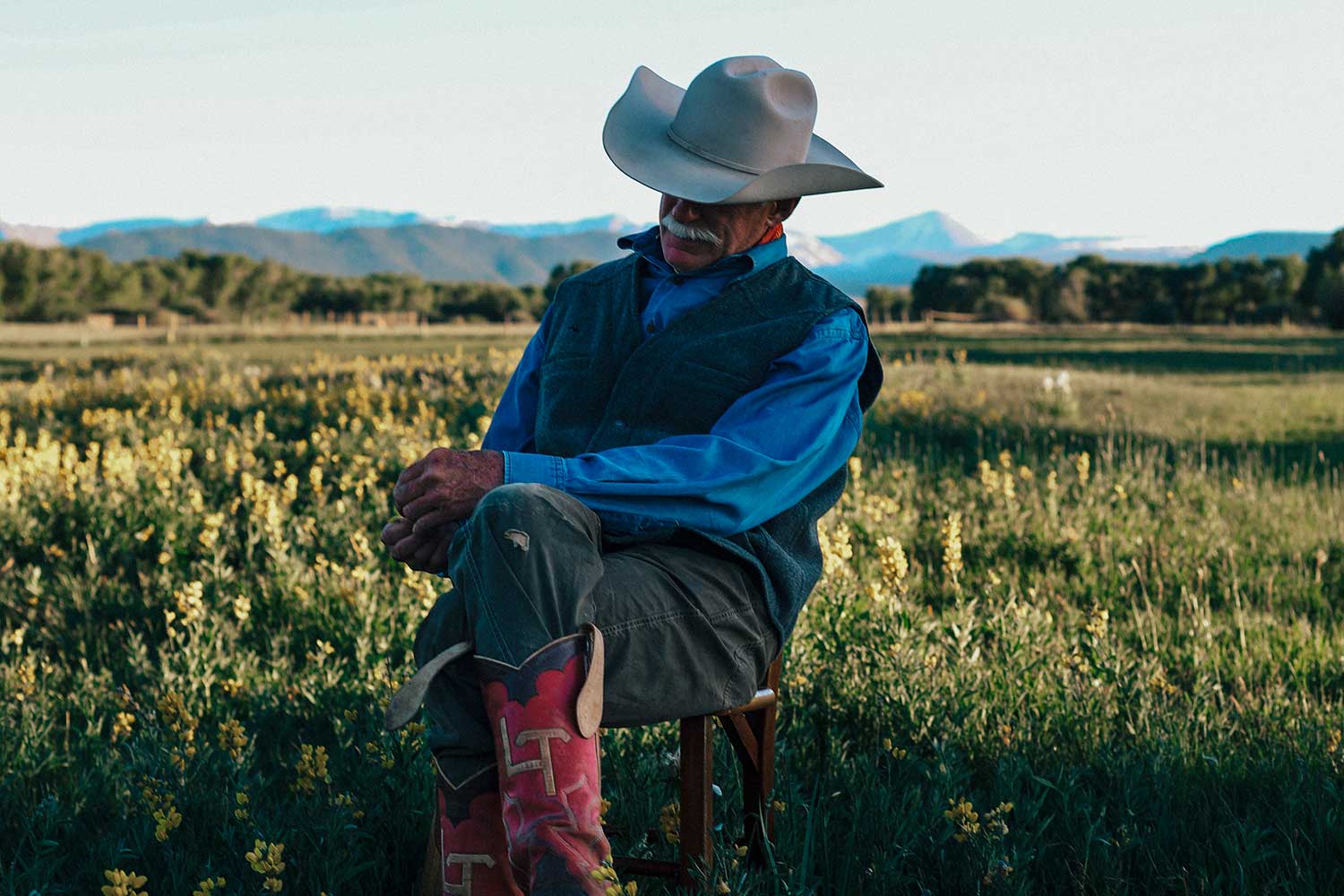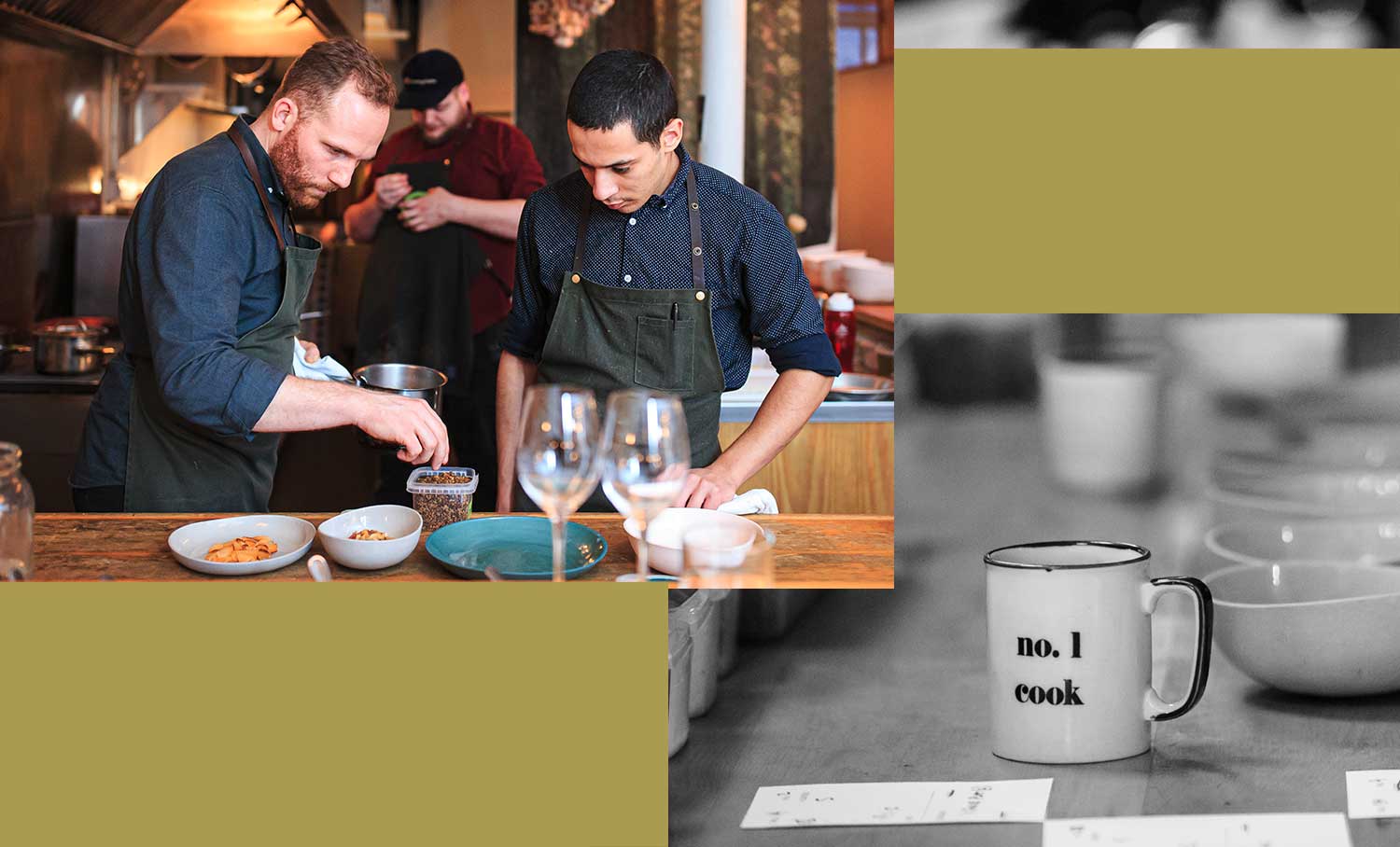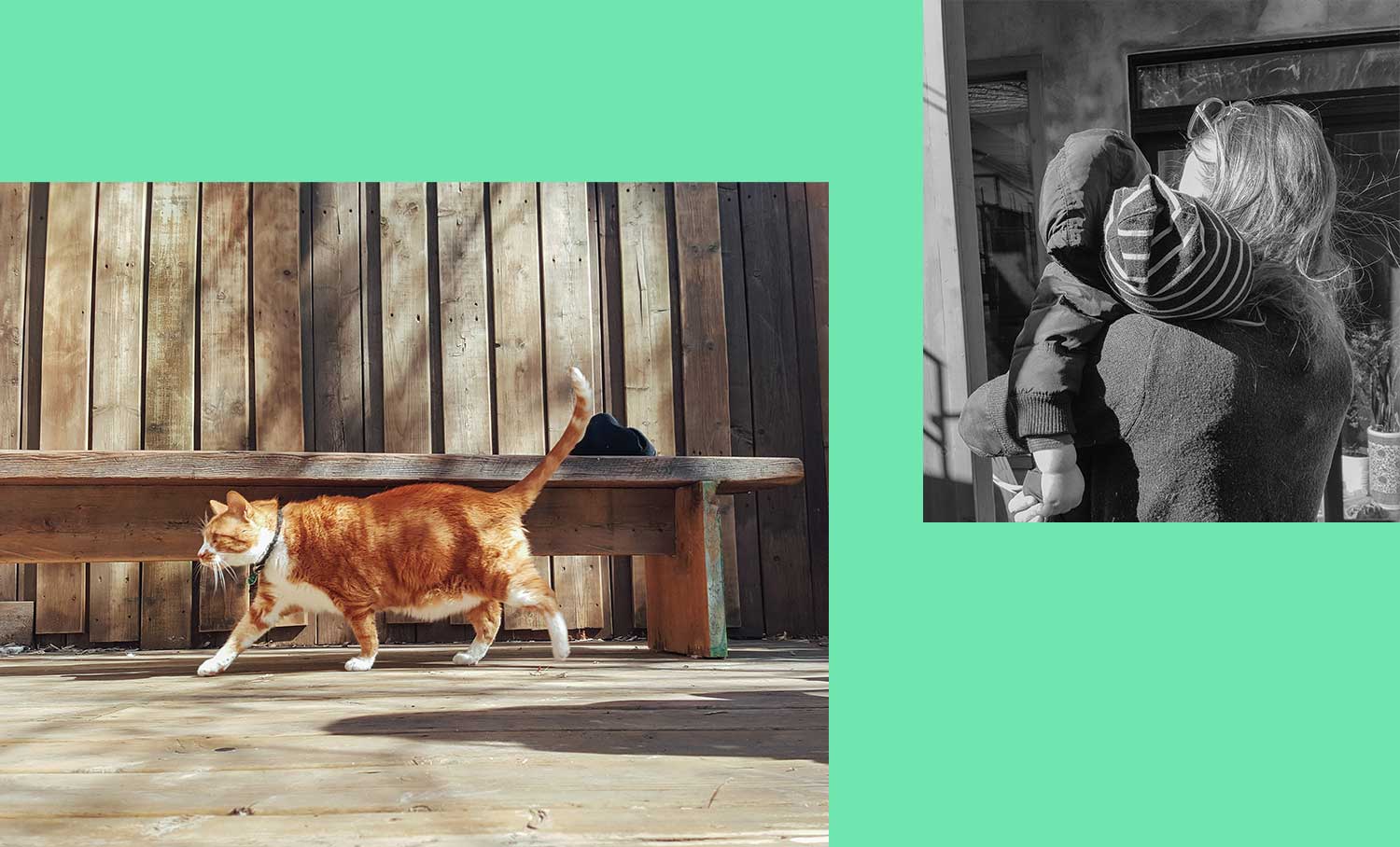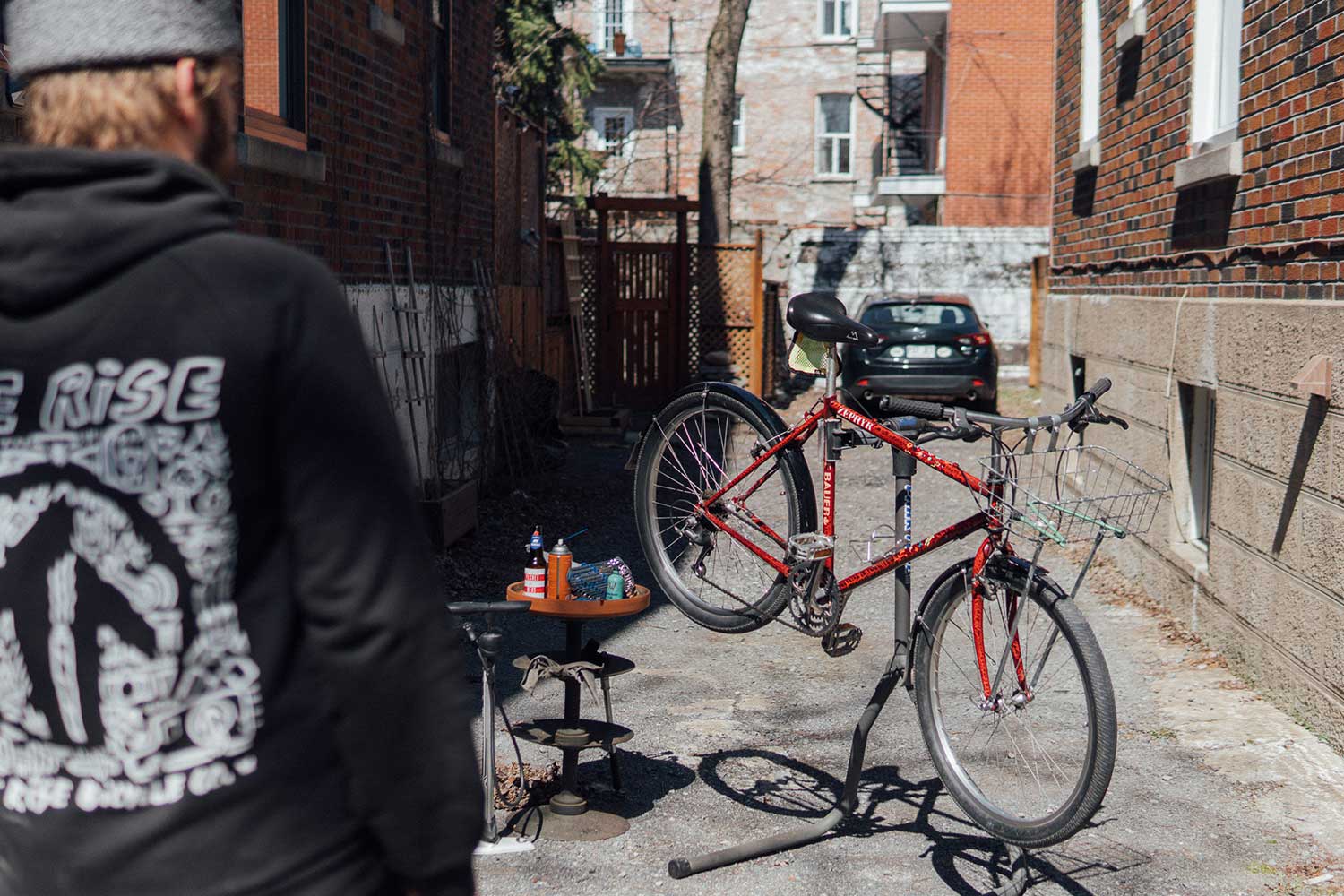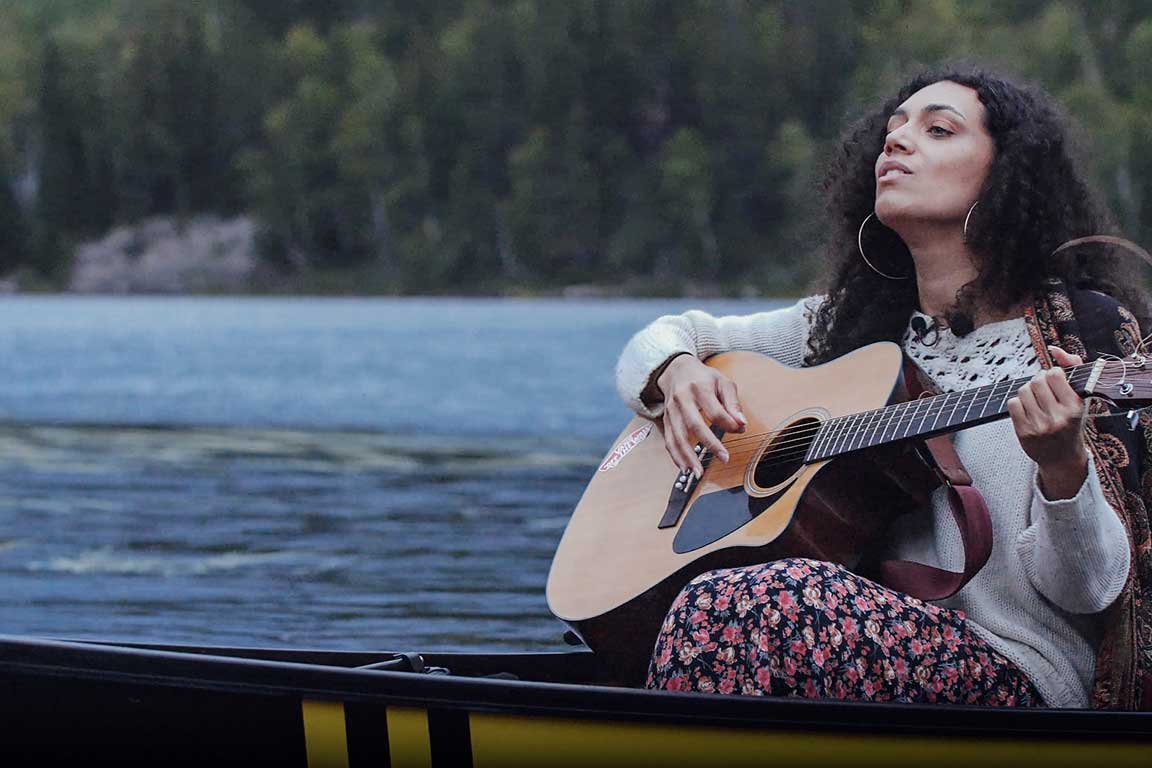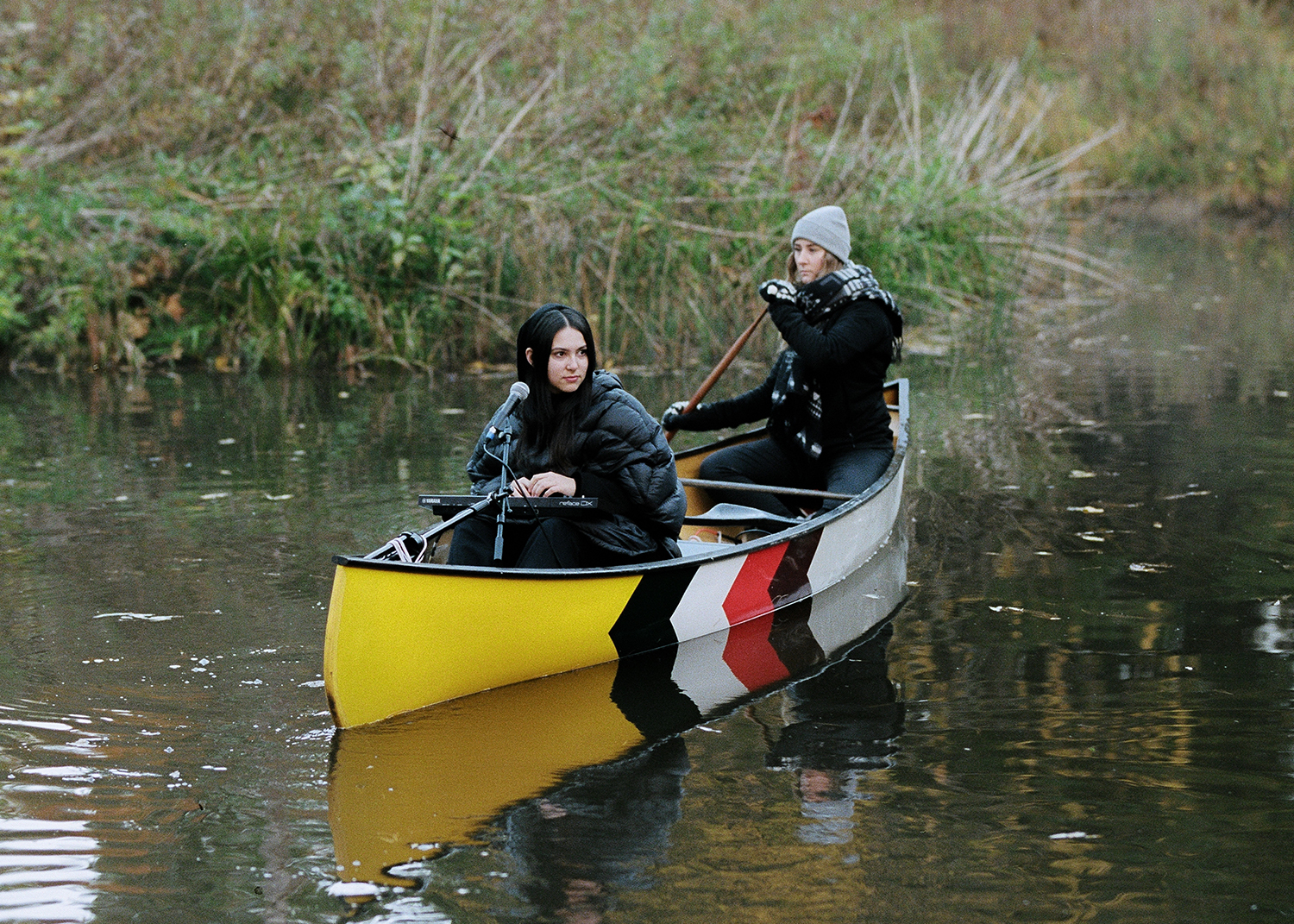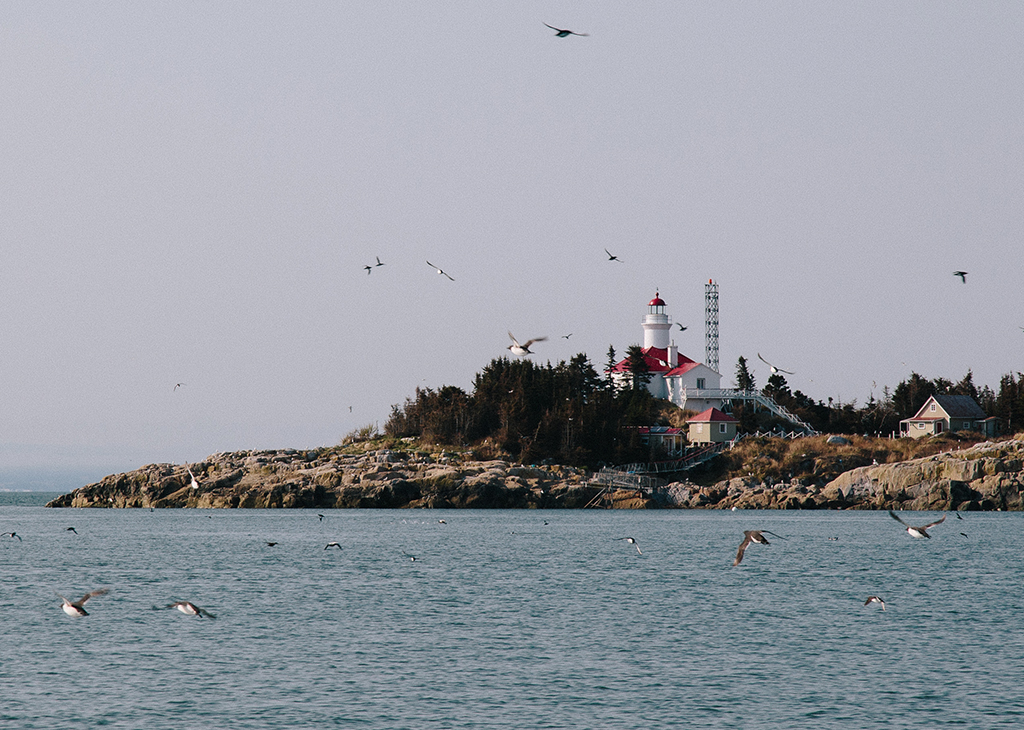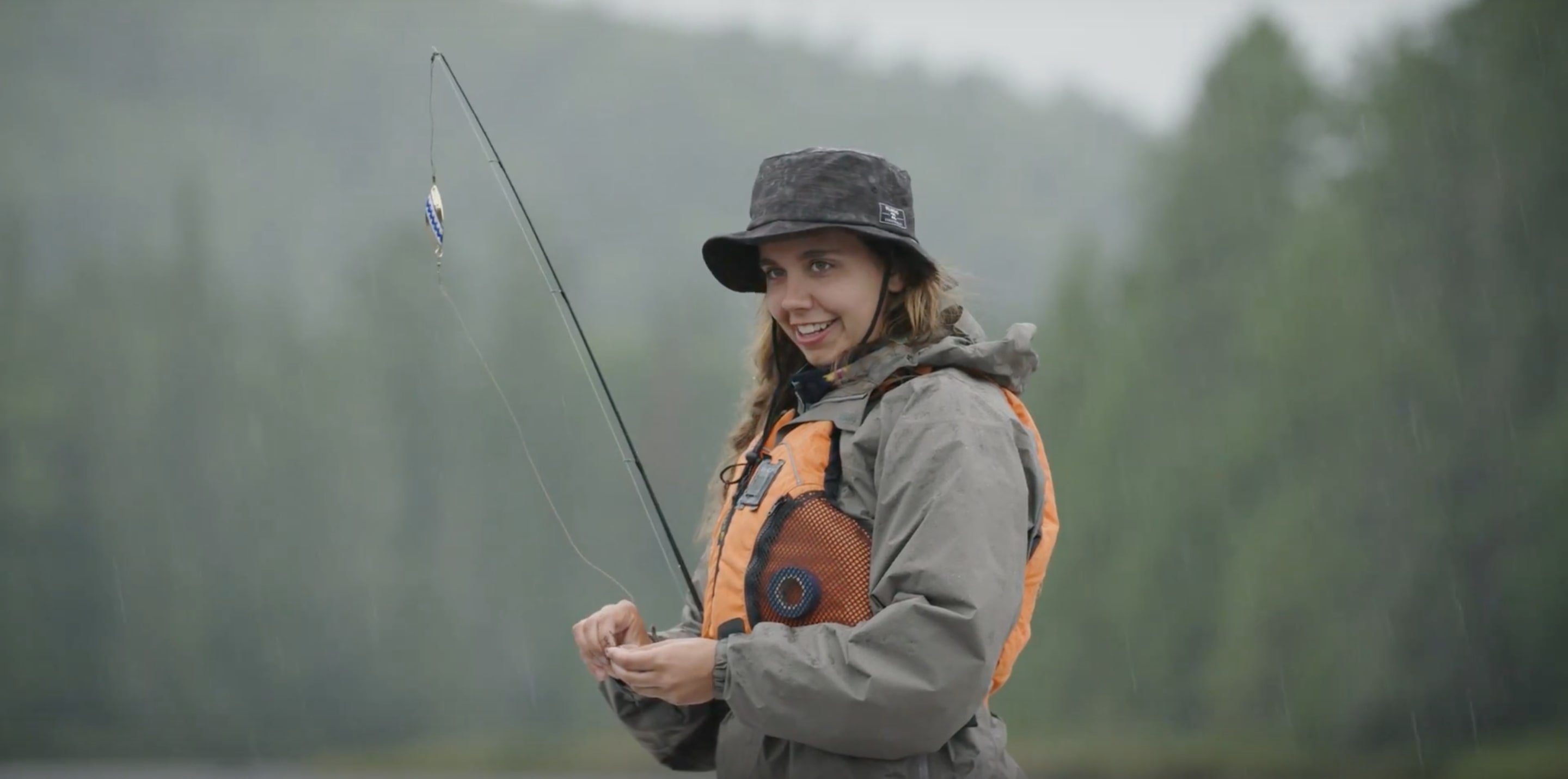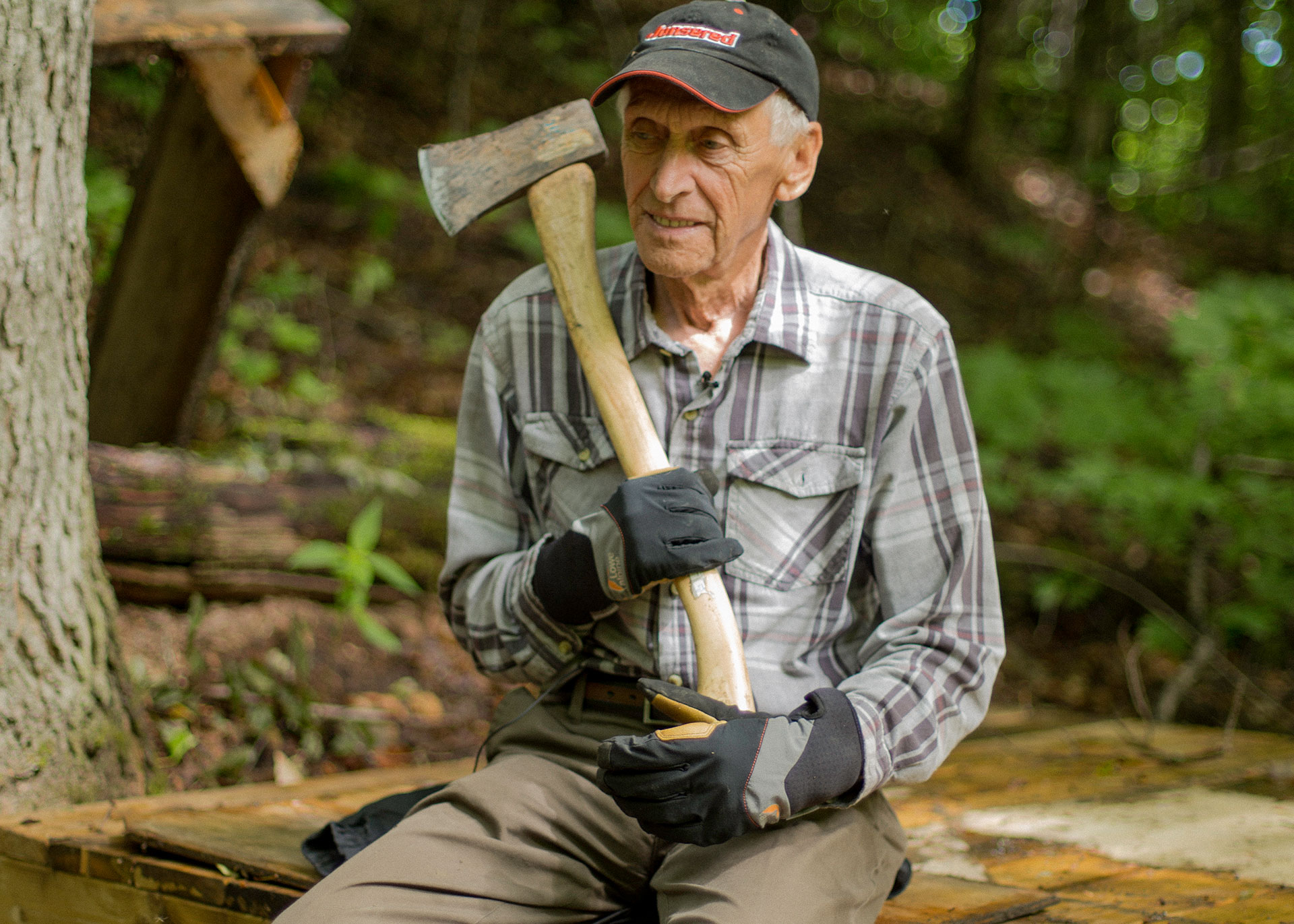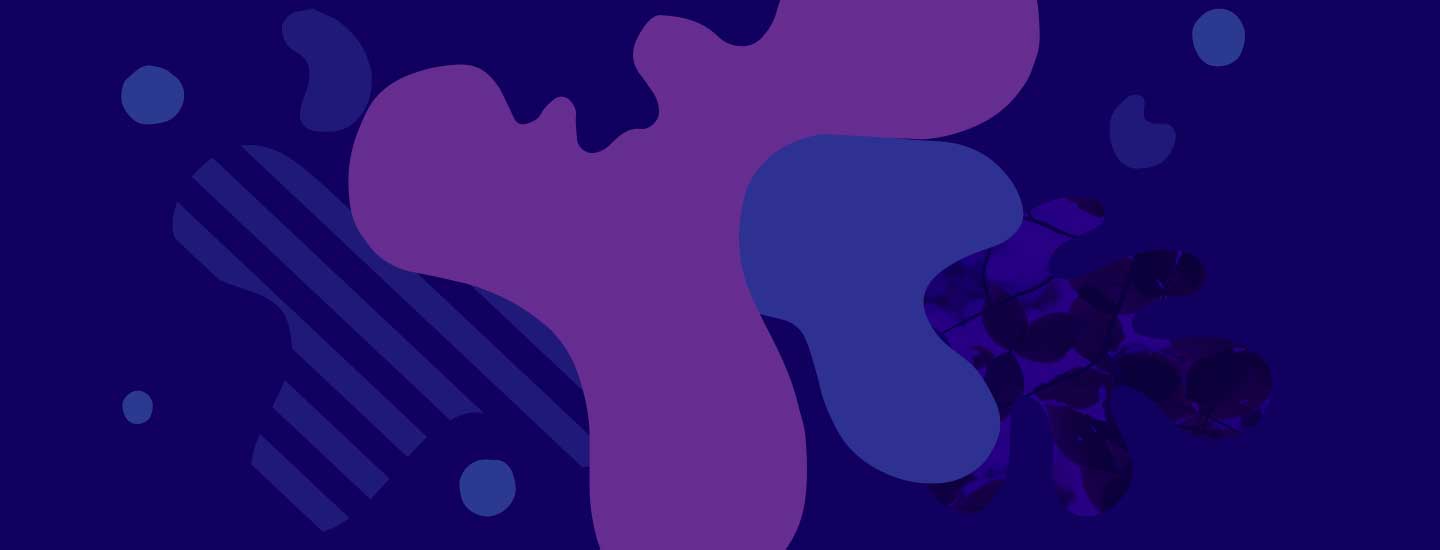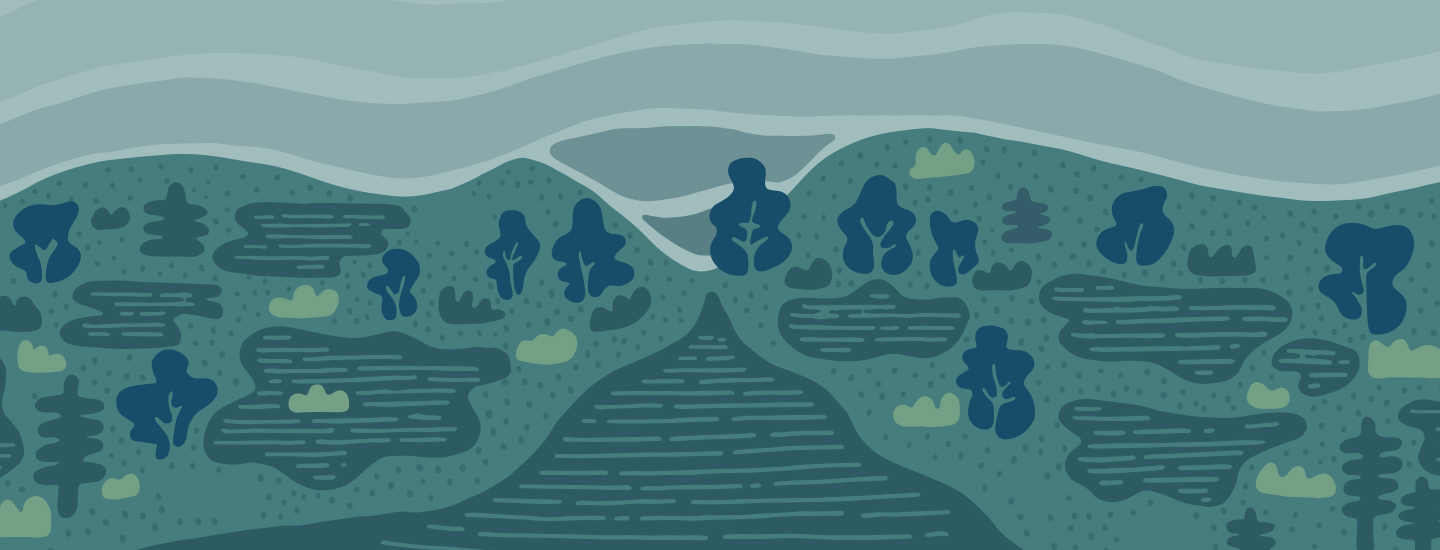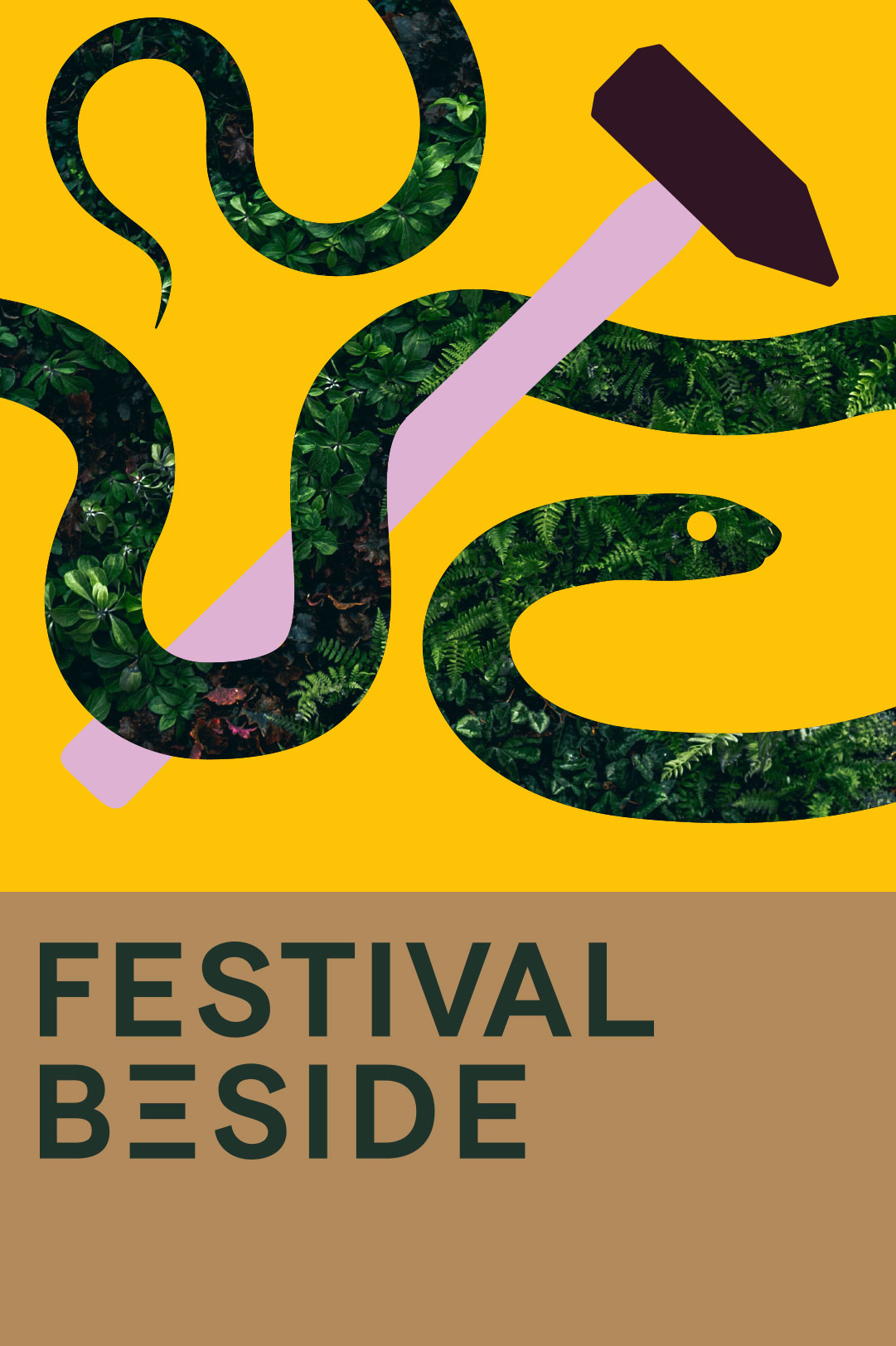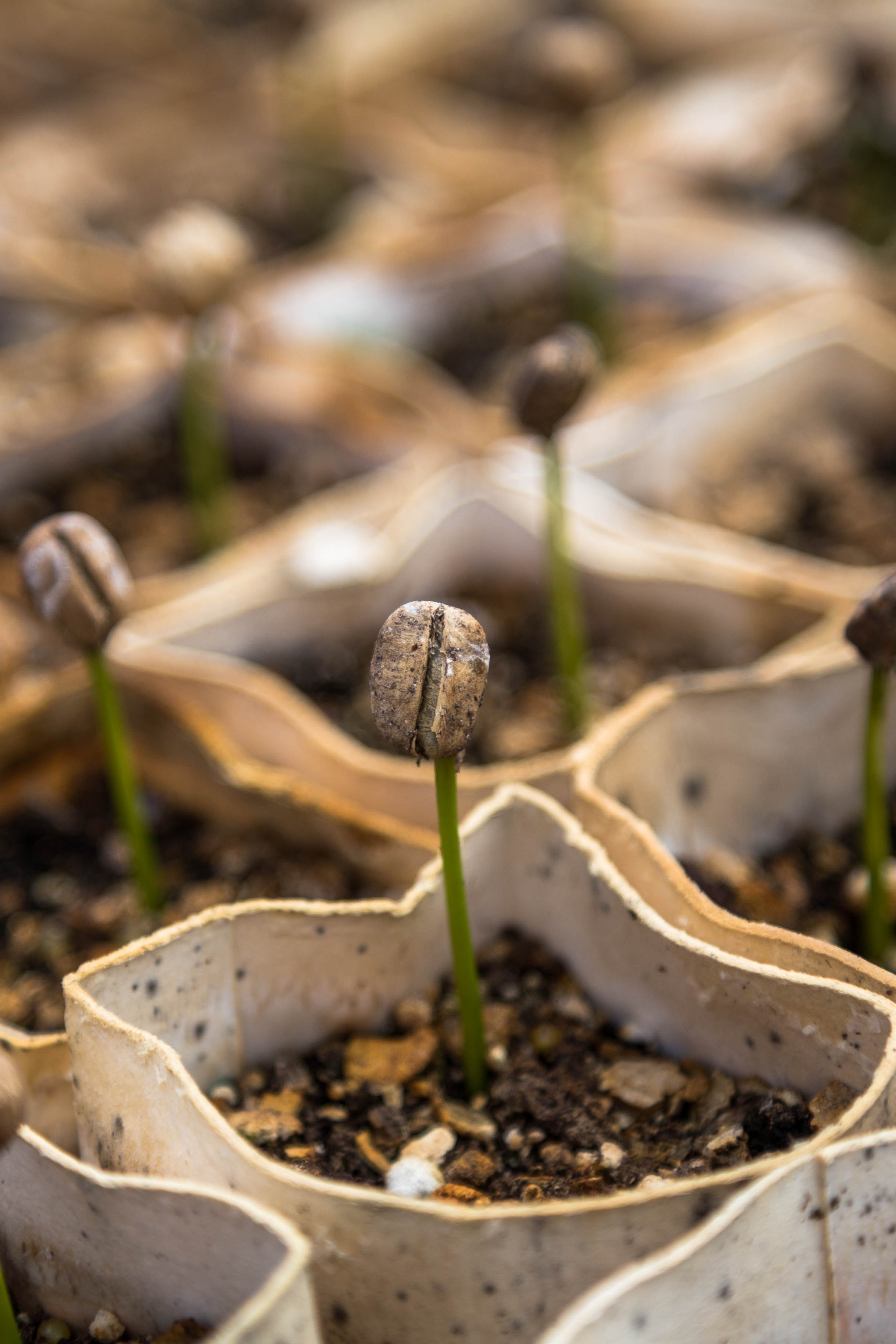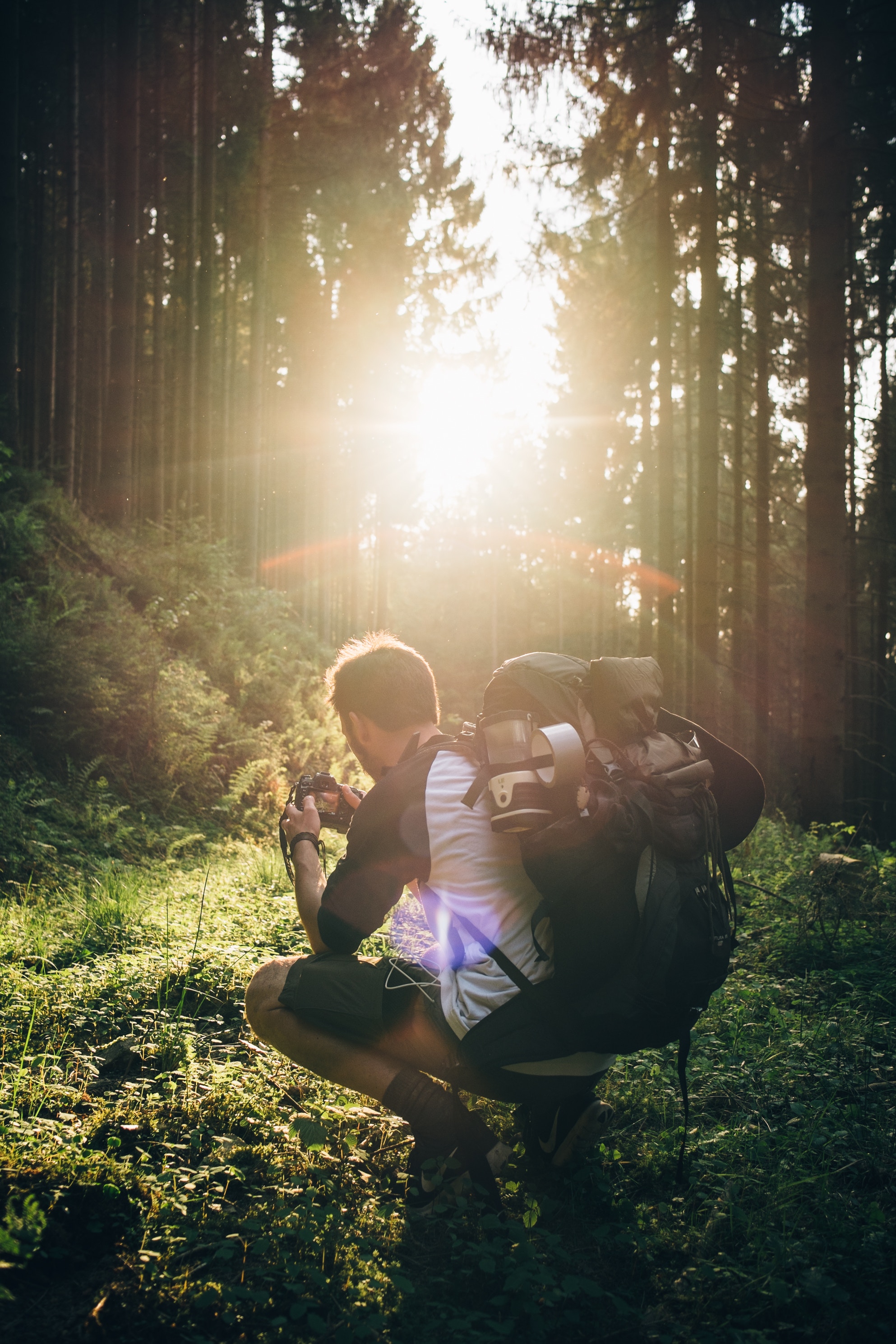Mini-Guides
A BESIDE Quarantine Guide
Ten tips to help transform your isolation into something meaningful.
Our lives might be on hold as we try to protect ourselves from COVID-19, but our minds are working overtime. How can we adapt our ways of life, gather together, and make sure we stay afloat during this pandemic?
Drawing on public research as well as personal advice from our team, here’s a list of ten rewarding habits you can practice during quarantine, and beyond.
Cook, slow style
__
Save some time in your schedule every day to cook something from scratch. Using our hands to disconnect from our screens and the cascading flood of news helps to manage anxiety, and maximizing your provisions is also an excellent way to stretch your budget.
If your social distancing restrictions allow you to go out and get groceries, opt for fresh foods and simple, less expensive ingredients that can be transformed into delicious meals. Take inspiration from this New York Times list of essential ingredients for the modern pantry.
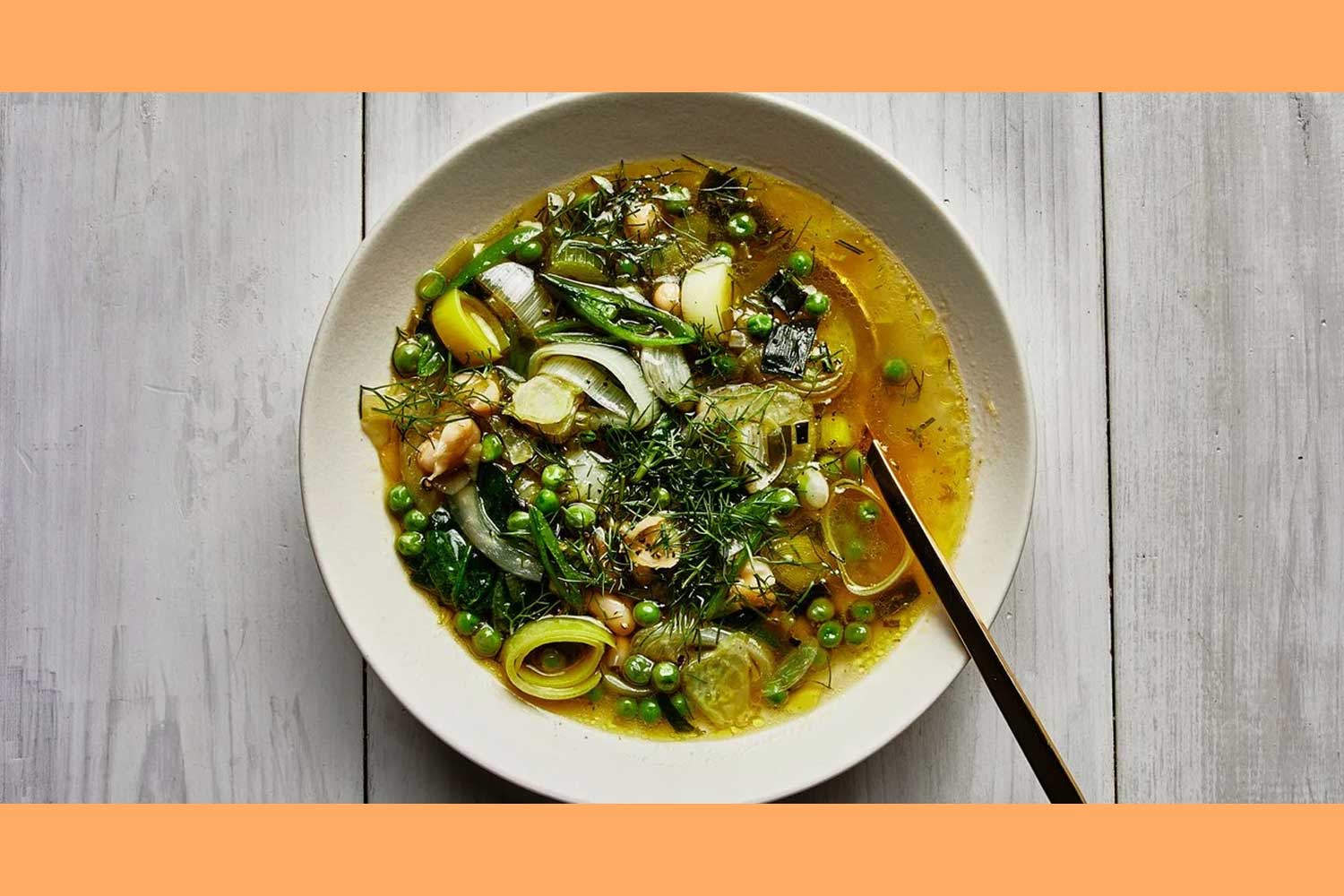
Is your quarantine limiting your movement? It’s time to get creative! Take inventory of the food you have at home so as to limit food waste. The internet is packed with tips for cooking with what you have on hand. In case you’re lacking inspiration, here are some ideas for comfort-food recipes that BESIDE team members are planning to cook during their isolation:
- Spring minestrone
- Super hot homemade soup stock
- Lasagna with green lentils, spinach and zucchini
- Cashew mushroom spread
- Risotto verde with lots of parmesan (hot tip: with the leftovers, you can make arancini)
- Ajiaco santafereño (a Columbian soup popular in metropolitan Bogotá)
- Homemade maple chai latte
During their time in self-isolation, many cooks these days are turning to the internet to share their culinary creations. This is the case for the oh-so-charismatic Italian chef Massimo Bottura, Michelin-decorated restaurateur and founder of the project Refettorios and Social Tables. His new Instagram series called Kitchen Quarantine showcases meals he’s cooking for his family at home.


Take the time to make some of the more complicated recipes that you’ve been putting off since, well, forever. If you’ve always dreamed of learning to make your own pizza dough, or bread, now’s the time; baking is a perfect stress-reliever.
Cooking slow—and concentrating fully on the task—offers a true mental break with benefits equivalent to a meditation session. Cooking more doesn’t necessarily mean you have to give up your Friday night treat. Give yourself a break if you need to and give local restaurants a boost by taking advantage of their takeout menus.

Fill yourself up with nature
__
According to a study by health specialists published in Nature magazine in 2019, exposure to nature 120 minutes per week is enough to generate an overall sense of well-being. While it’s still permitted, get out for some air each day, and why not take the opportunity to discover a new park in your city? Science says so!
If you’re in quarantine-mode (or in your pajamas), you can still get your nature fix online. Peter H. Kahn Jr., professor in the Department of Psychology at the University of Washington, studies the human tendency to substitute technology for our natural environment. In one of his experiments, he exposed 90 participants—30 per group—to: 1) a window with a view onto a beautiful natural scene; 2) a high-definition plasma screen showing the same scene in real time; and 3) a white wall. Dr. Kahn Jr.’s team measured how long it took for the heart rates to return to normal after a minor stress, and discovered that the images seen through the window and on the plasma screen had a more significant restorative effect than the white wall.
So go ahead, watch nature documentaries, viral videos of wildlife rescues, and Instagram accounts of outdoor influencers, guilt-free. It’s also the perfect opportunity to revisit the entire Planet Earth series. After all, hearing David Attenborough’s narration is kind of like a form of meditation, right?
For a little dose of activism, Patagonia has also made its hard-hitting documentary Artifishal, about the fight to save wild salmon, available to stream online in its entirety.
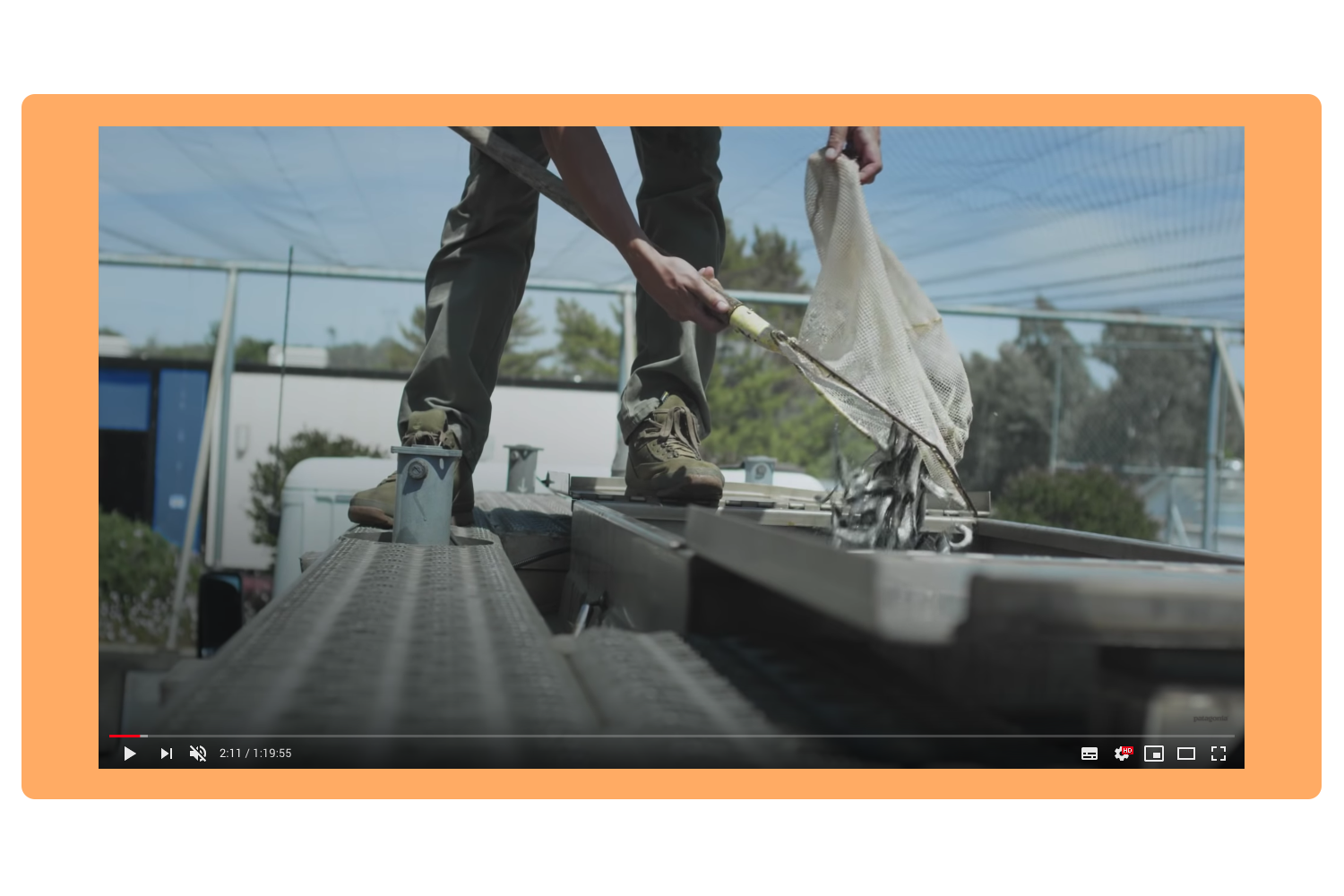
While it’s not possible to plan actual hikes and trips to nature because of halted travel allowances, you can explore Yellowstone Park in Wyoming online. The National Park Service provides access to virtual visits; and the same goes for these 11 other U.S. National Parks.
Another option: contemplate cloud formations or the wind in the trees from your very own window or balcony.
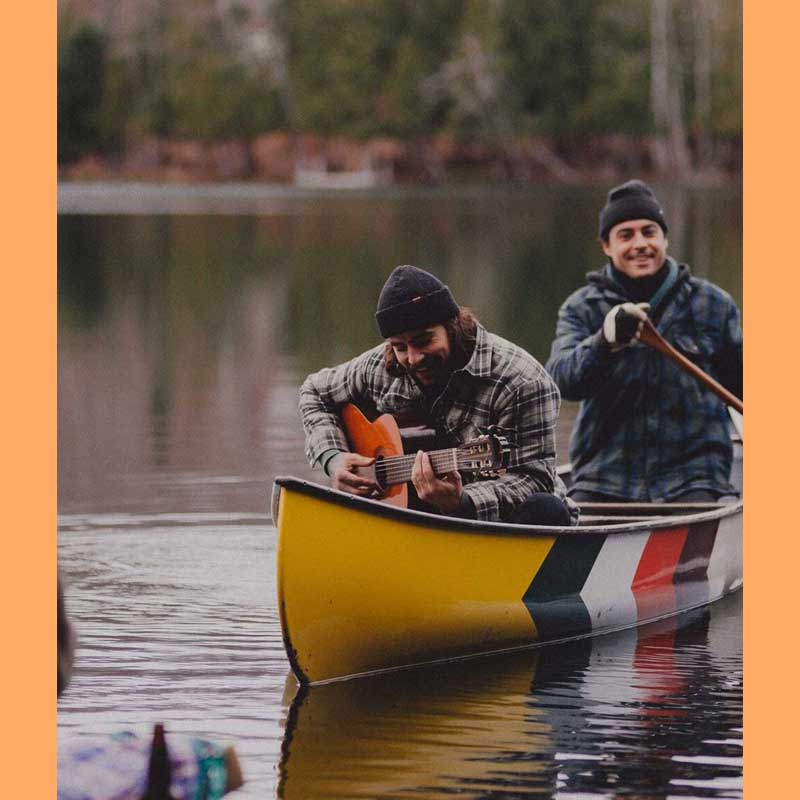
Refine your culture
__
Beyond true crime series, reality TV, and blockbuster flicks, there are tons of other ways to brush up on culture and support the artistic community from your couch. Here are just a few examples:
The Social Distancing Festival gathers up all kinds of webcasts celebrating artistic work that have been interrupted by COVID-19.
The musical performances of the BESIDE Canoe Concerts, the Stay at Home sessions, the list of virtual concerts compiled by NPR or their irresistible Tiny Desk Concerts are all excellent options. If you desire, you can also put on your tux or your best evening gown and head over to the living room to attend world-renowned orchestral performances virtually courtesy of the Berlin Philharmonic, the Vienna Opera, and the Met Opera, among others.
Google has also teamed up with over 2500 museums and galleries across the world to offer web users virtual visits of their collections. No queues, no entrance fees, no losing your coat check ticket, and no tourists armed with selfie sticks. Could this actually be better than it was before? Consult the complete list of participating institutions here.
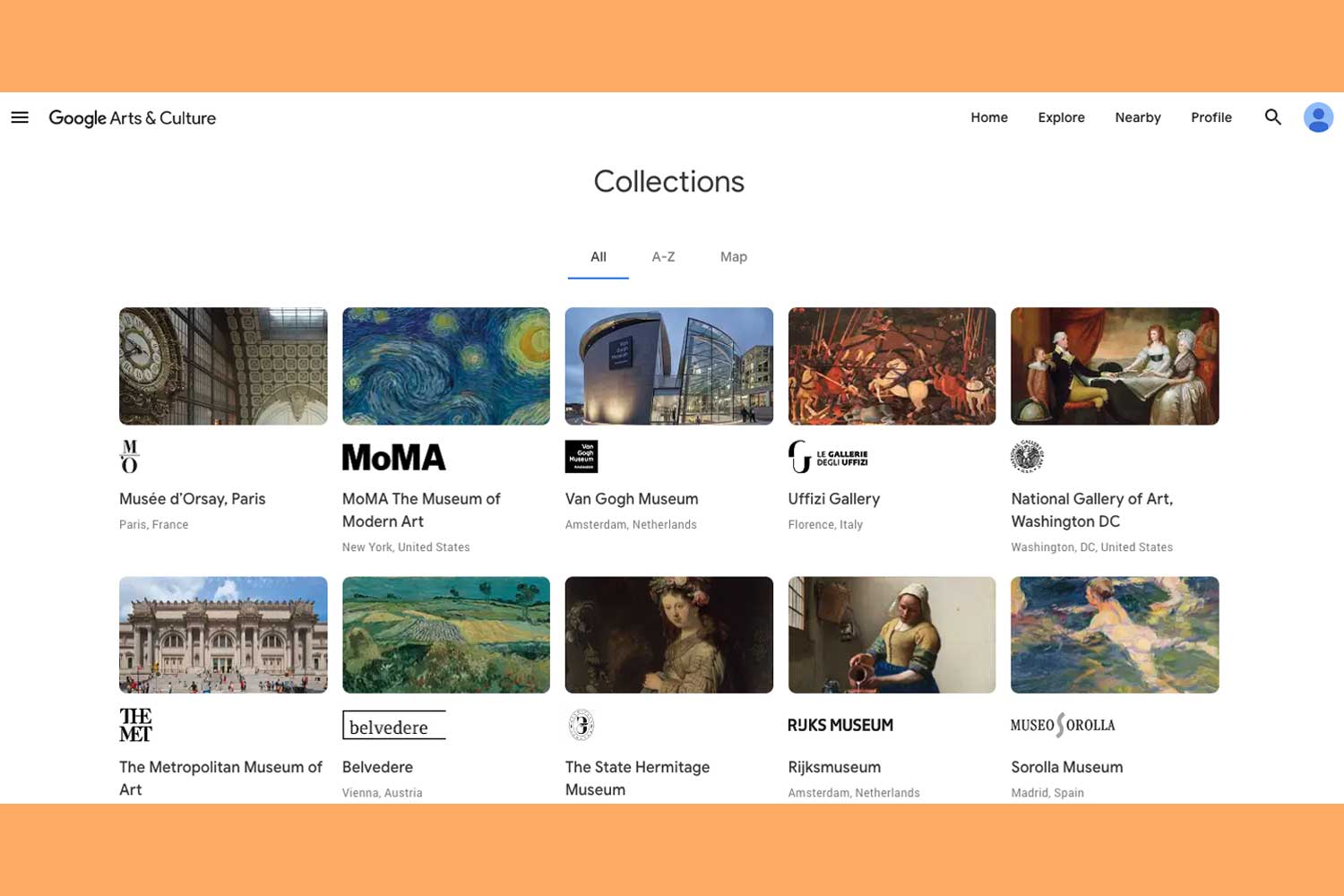
The network of Montreal libraries has announced that 37,129 digital books will be on loan for free. All you need is a library card! The New York City Public Library is also offering a similar option with its digital collection; so make sure to check out your local options, too!
This is the perfect moment to tackle that pile of books on your night table, or to read the articles waiting patiently in all those open tabs in your browser.
The books currently on the night tables of the BESIDE team:
- Split Tooth, Tanya Tagaq
- Ant Colony, Michael DeForge
- How to Do Nothing, Jenny Odell
- Trickster Makes This World, Lewis Hyde
- How to, Michael Bierut
- How to Be Bored, Eva Hoffman
- Eaten Back to Life, Jonah Campbell
And our current podcasts:
- Imagined Life
- The Moth
- Radiolab
- Dharmaseed
- Reply All (particularly episode #158: “The Case of the Missing Hit”)
- How Did This Get Made
- The Daily
- Short Wave
- S-Town
And if you’re not up to date on your issues of BESIDE, here’s the link.
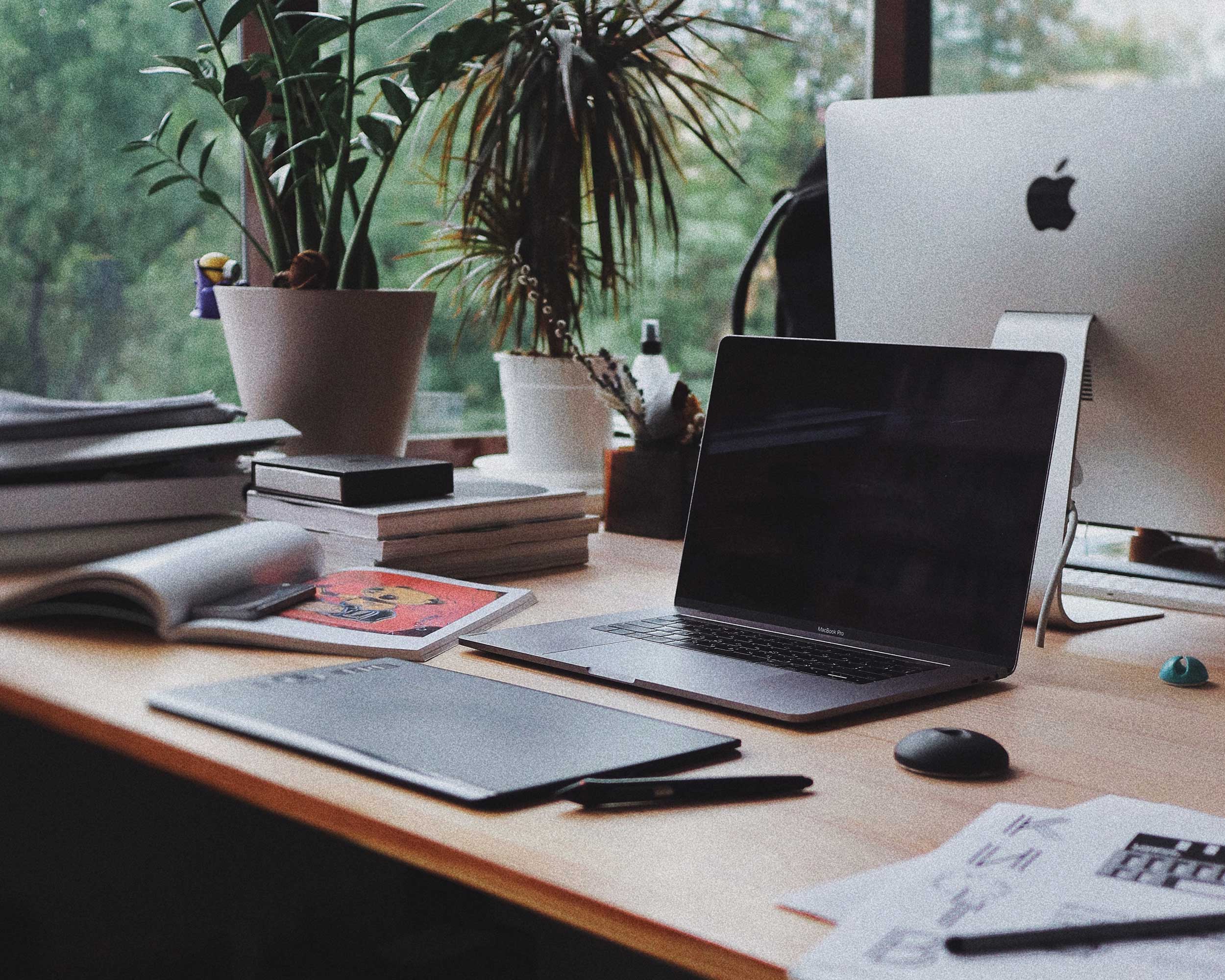
Review your work hygiene
__
For those of us lucky enough to be working remotely, productivity is not necessarily an inherent skill. To avoid spending all day in bed spooning your laptop, here are a few friendly tips:
- Try to work regular hours, including breaks. This will help you not wander aimlessly from 8am to 9pm, scattered between open files and erratic half-meals. Make yourself a realistic schedule, as though you were going into the office.
- Create an “official” setup for yourself in a designated work area. This will allow you to concentrate better, and avoid moving your things around all the time.
- Slow down and seize the opportunity to prize quality over quantity. Prioritize essential tasks, and make lists to help clear your mind. If the kids are at home (or even if they’re not), get flexible on your performance expectations: emails can wait a little longer than usual.
- Give yourself the allowance of “deep work” sessions, no matter how short or long. This method, invented by Cal Newport, author of Deep Work: Rules for Focused Success in a Distracted World, allows us to work more efficiently by temporarily removing distractions such as chat apps.
- Make sure you set a time to“end” your day, for yourself (and your colleagues). Disconnect on several levels: from computers, email, and social networks, until tomorrow.
- Make room for “side work,” which sociologist and anthropologist Florence Weber defines as personal and collective side projects that are socially useful and satisfying (in short, everything that’s emphasized in this guide!).
There’s no miracle recipe for making your days more productive while respecting your limits. Trial and error will allow you to identify the habits that help with planning and managing your time adequately. Try not to put any unnecessary pressure on yourself.
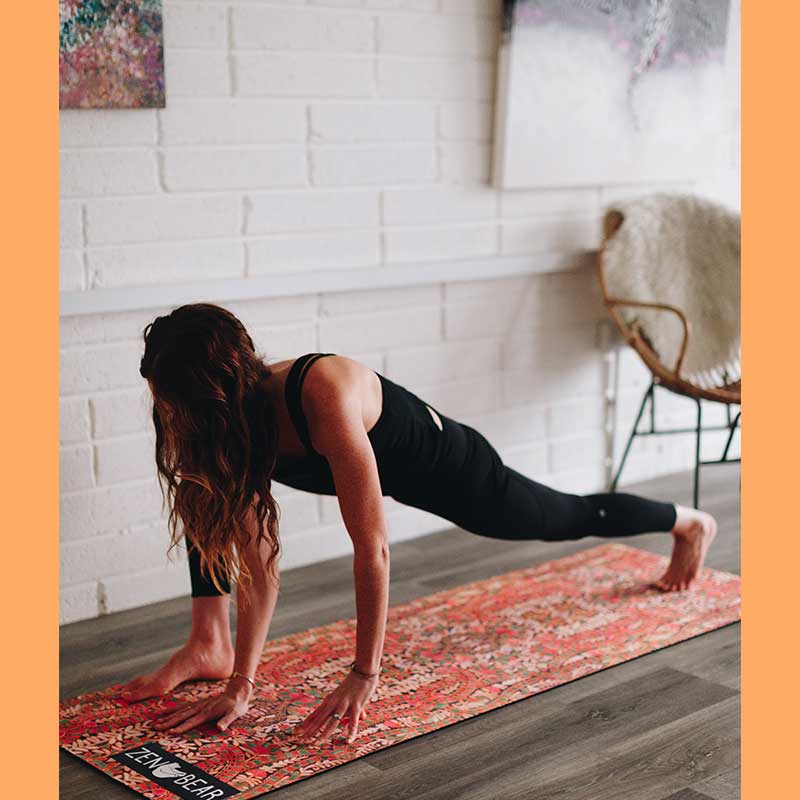
Move your body every day
__
Though we all love slow mornings and endless cups of coffee, getting moving can be really helpful. To avoid turning into a zombie for whom physical activity means walking between the bed to the couch, or the couch to the fridge—find options to help you move a little every day, inside or out!
If restrictions allow you to go outside, consider jogging or walking to a friend’s house to say hi from a distance. And if public transport is out, but you still have some trips that are absolutely necessary (or even just for the cardio), hop on your bike!
It may finally be the right time to try yoga. Why not start with a virtual class? For beginners, it’s the chance to learn at your leisure, without anyone seeing your clumsy moves. For experienced yogis, this is not the time to lose the momentum you’ve accumulated recently. Several studios, like Toronto Yoga Co. for example, offer tailored options.
Other ideas for exercise at home are popping up all over the world: stationary bike sessions and virtual group spinning classes, at-home training sessions and exercise routines, or even live gym workout classes. There’s truly something for everyone, whether you’re a little out of shape or very athletic—so there are no excuses for becoming a couch potato.
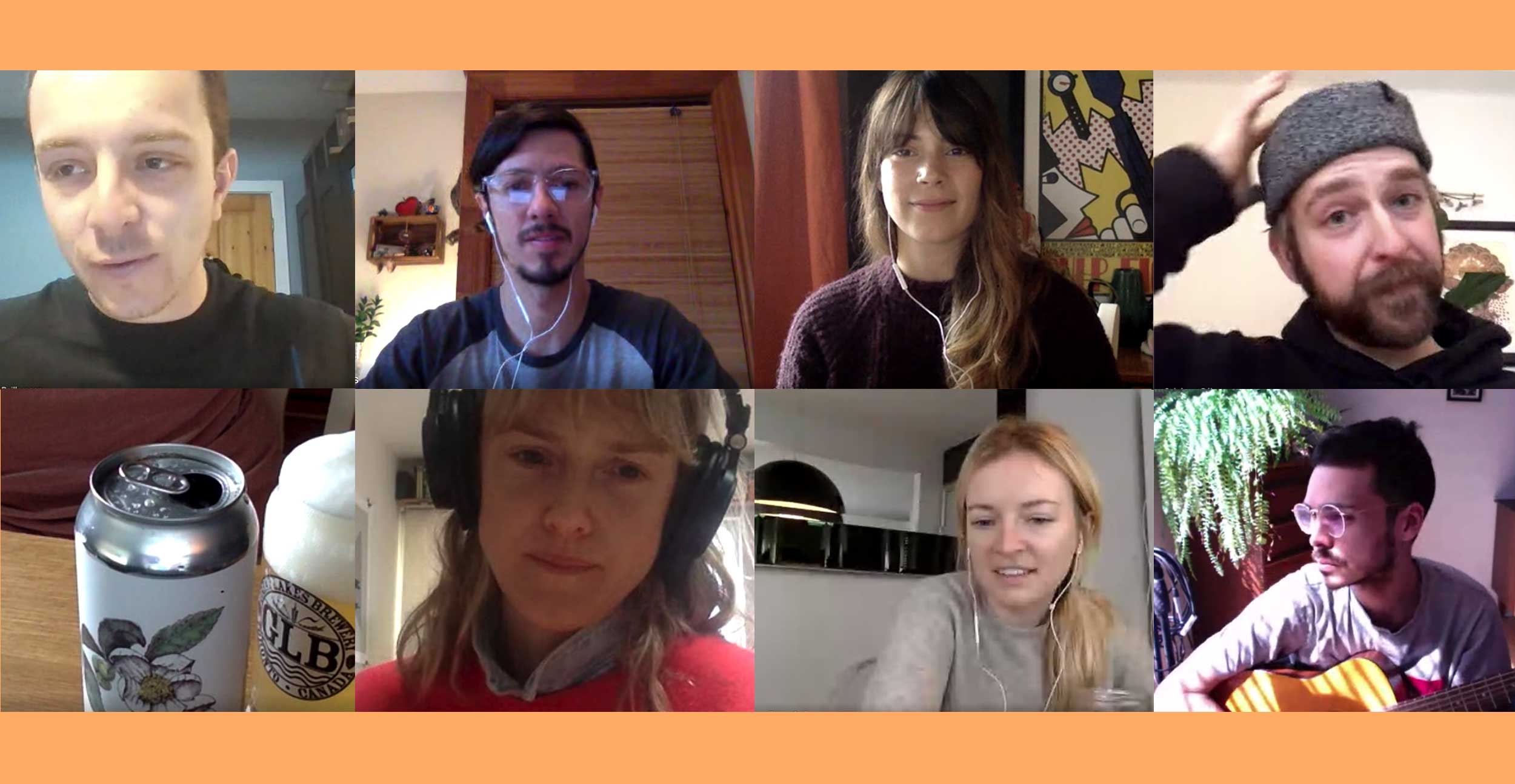
Tend to your social fabric
__
Socially distant doesn’t mean becoming socially isolated. Call your near and dear ones, family members, and friends; they need it. Find out how your neighbours are doing, especially the elderly ones. Cheer on local shopkeepers and have a little chat with them. Write to your friends overseas to tell them you’re thinking of them.
At BESIDE, we’ve prepared a little flyer for you to print out and slide under your neighbour’s door between handwashing sessions; a quick way to make a meaningful contribution.
Miss your friends and colleagues? Organize a virtual happy hour or, even better, an online wine-tasting. In Québec, if you order bottles online from the SAQ, the delivery fee will be donated to local food banks. Other virtual options include joining an online book club, knitting club, or cine-club! Suggest an idea for a distance social club to your friends or members of your extended family.
The details don’t matter—just keep weaving your social fabric a little every day. We have to keep the community spirit alive.
Speaking of social fabric, now is a good time to support local businesses (if you can afford it), become a volunteer via your local Volunteer Bureau, or even give blood to help organizations doing crucial work in helping the most vulnerable through this harsh situation. Another idea: leave some non-perishable foods in outdoor library boxes or free pantries in your neighbourhood.
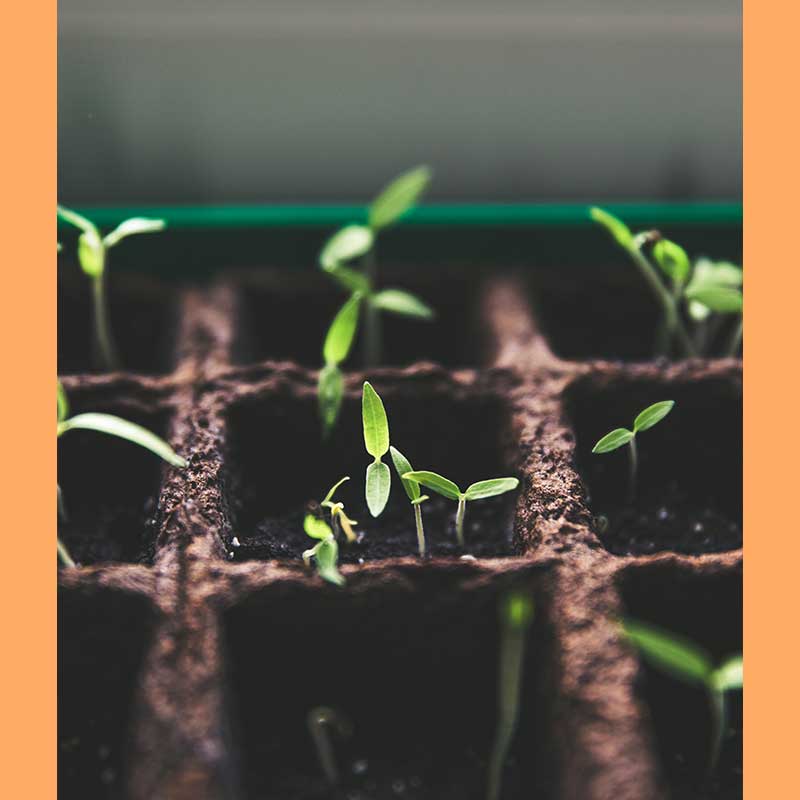
Start a project
__
Try to tackle a project every day, no matter what size. Clean out a drawer, plan your backyard garden, draw, digitize old family slides, make your own kimchi, mend a torn pair of pants, prepare your flies for fishing season. Take advantage of the extra time to call your mother or your grandparents for their advice.
Discover the vast (and sometimes strange) world of online tutorials for learning how to embroider, juggle, fix your fridge, or play chess.
Why not make a playlist to share with friends? Include your favourite new music or the podcasts and audiobooks you’ve listened to in the past year.
Now’s the time to learn to do something meaningful (or less meaningful) on your personal to-do list. The satisfaction of completing a task is an excellent antidepressant. And learning something new allows you to cultivate the resourcefulness and resilience we all need so dearly to be fulfilled and continue moving forward. As entrepreneur Yvon Chouinard would say:
“The more you know, the less you need.”
Yvon Chouinard
Need a dose of motivation? Get inspired by people who are both hardworking and creative, who are undertaking larger projects to help build a stronger future.
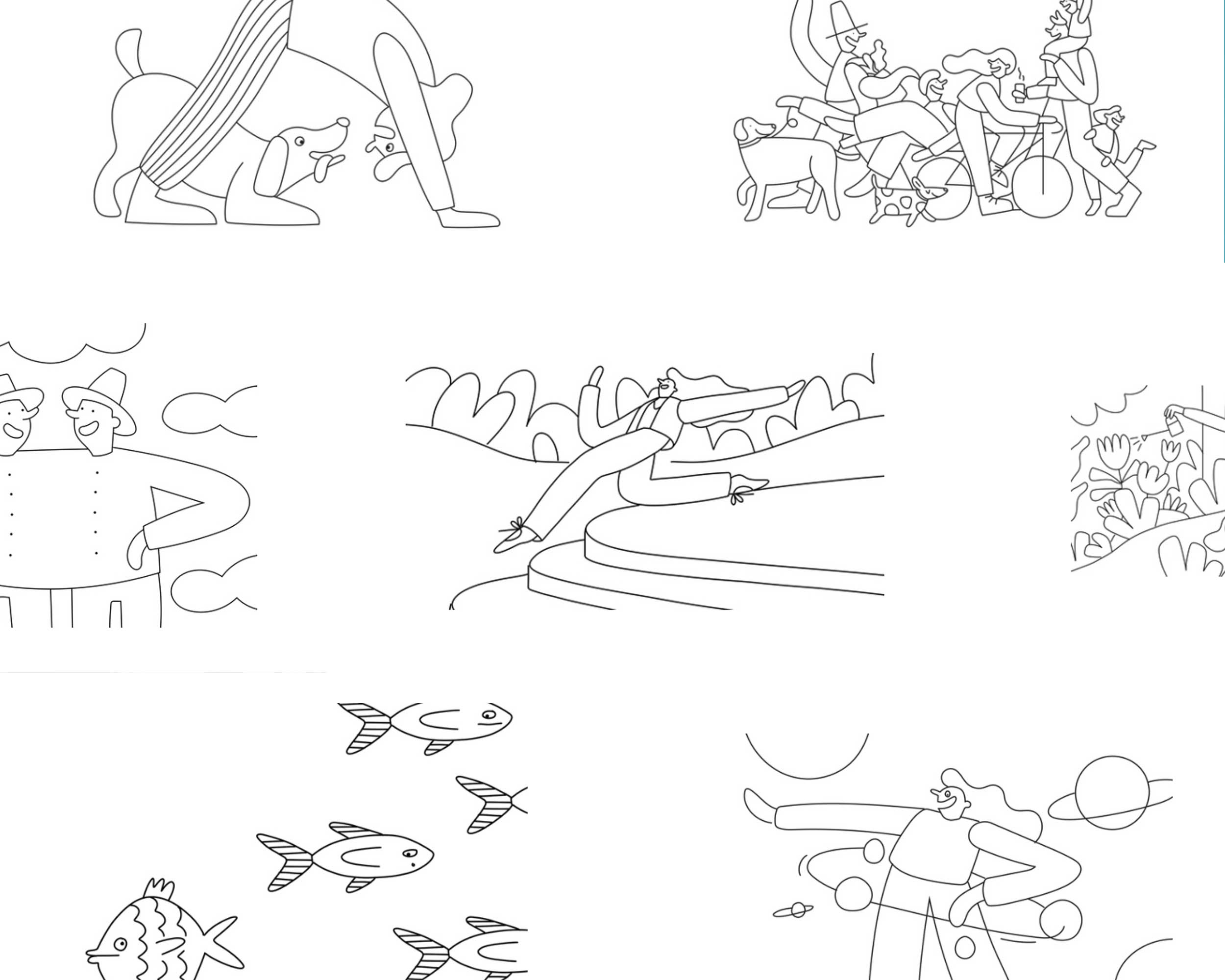
Keep the little ones entertained
__
Routine is a source of security for everyone. Try to have a plan for your days with the kids at home. At the same time, forget your parenting guidebooks and high standards. This period will require more flexibility than usual. In difficult times, like the one we’re living through right now, make a list of your small parenting victories each day, even if it’s just a diaper change, a whole meal eaten, or a page of a storybook read without interruption.
Check out the many parent groups that have formed on social media during the quarantine, where you can share ideas and stories during the lockdown.
Here are five quick ideas for games you can play with the whole family:
- Treasure hunt inside the house
- Family picnic in the living room
- Hopscotch in the hall
- Create your version of the #wewillbeokay rainbow drawing to show in your window. Otherwise, install an art exhibit by family members, with an invitation for grandparents to participate from a distance. Artists and illustrators, such as Cécile Gariépy from Montreal, have made available a selection of colouring book drawings too!
- For older kids: teach them to play chess
For virtual educational activities:
- The Cincinnati Zoo in Ohio offers a live feed of the animals on their Facebook page every day at 3pm.
- Explore the surface of planet Mars via a 360° digital camera. Everyone in the family will want to crowd around the screen.
- Have a peek at African animals in their natural environment through this camera installed at the edge of a watering hole.
Here are some more ideas to keep your kids busy and learning during the quarantine.
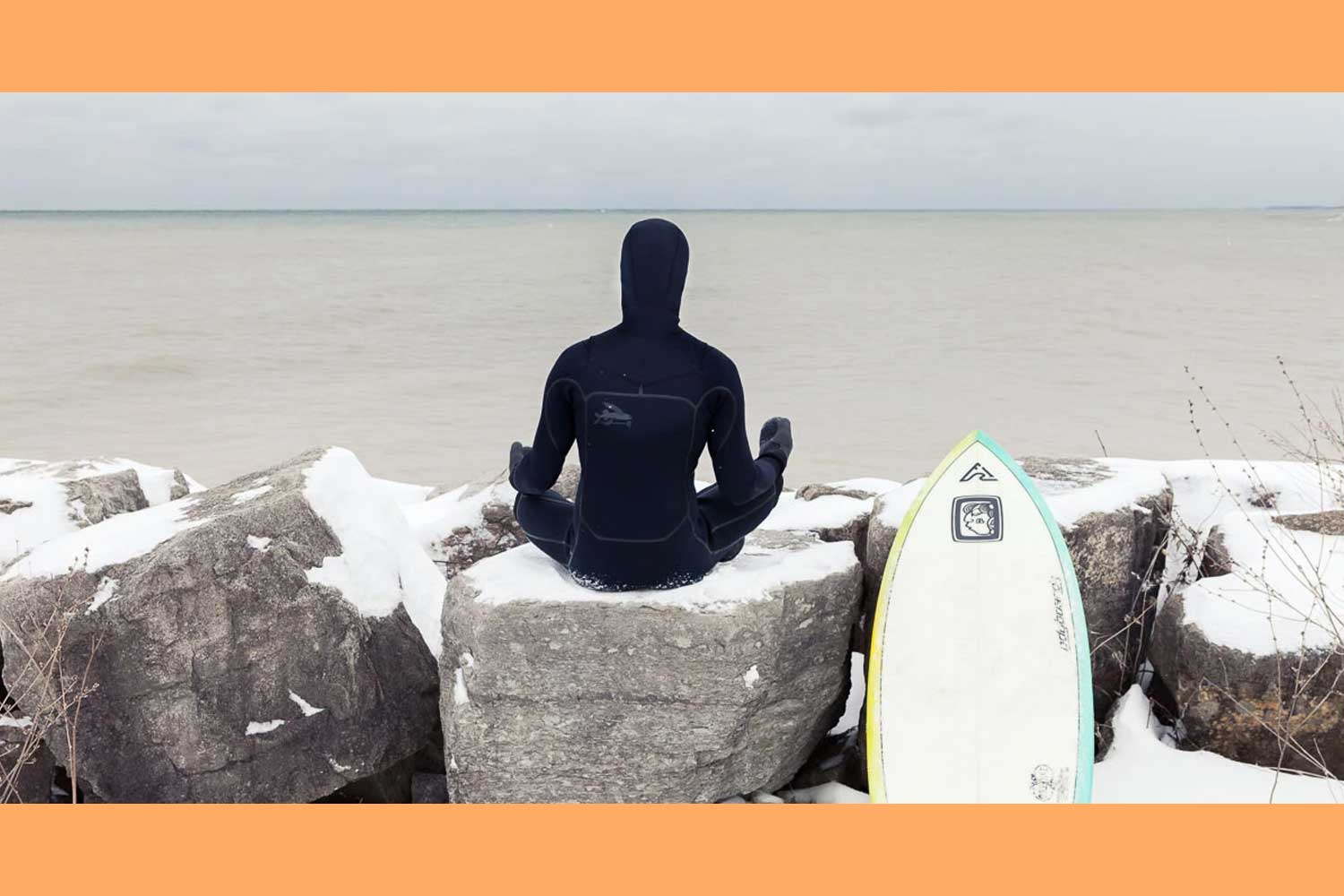
Try to stay centered
__
You are currently submerged in a deluge of anxiety-producing information. It’s normal for your cortisol levels to be high. Knowing how to keep things in perspective so as not to give in to panic can help. Observe your own behaviour and your reactions: are you irritable and inclined to create conflict around you? If yes, try to tackle positive and simple tasks.
If the news is making you anxious, try to only read the headlines at a specific time of day, and limit the number of articles you read. Choose trustworthy sources.
Use your quarantine time to try (for the first time, or again) meditation. Several studies show that meditating for just a few minutes up to half an hour per day helps us manage our stress better, and become more empathetic.
The Headspace app offers short meditations, and free courses are being made available online. Also worth trying: Antonio Lennert, founder of Surf the Greats, gives an all-levels daily morning session at 10am.
It has been shown that planning the future is reassuring (and gives us a feeling of control). So why not plan out your garden for this summer, plan a surprise birthday party, an artistic project, or a weekend hiking or bike trip. (Without setting a firm date, of course).
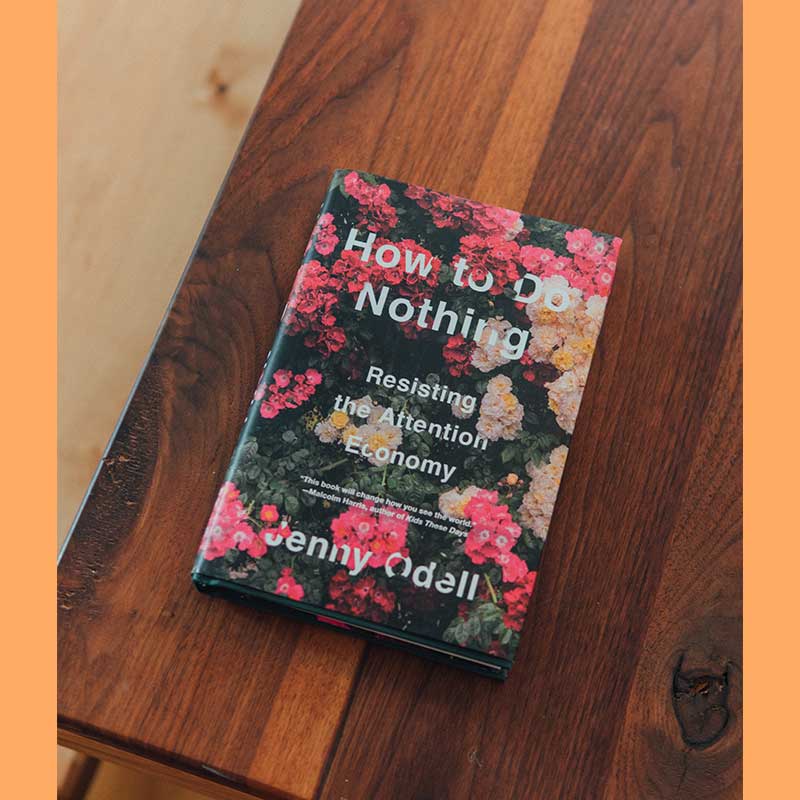
Practice the art of doing nothing
__
During the pandemic, our work, our social lives, and our entertainment will mainly happen via our screens. For this reason, it’s more important than ever to make time here and there in your daily routine to disconnect.
Celebrate opportunities to take a walk with no particular destination, to look out the window for long stretches, to take a bath while staring at the ceiling or to contemplate the flames in the cottage fireplace. If boredom takes hold, don’t panic. We promise, your mind will find a way to occupy itself.
American author Jenny Odell says we need to replace #FOMO (Fear Of Missing Out) with #NOMO (Necessity Of Missing Out). In her book How to Do Nothing, she believes that re-learning this skill is essential for the future. When we take the time to slow down and observe the world around us, she says, we realize how intrinsically connected we are (a feeling that can be comforting in these uncertain times).
Gordon Hempton, a bioacoustics expert who records sounds from natural sites, explains that: “Silence is not the absence of something, but the presence of everything.” So, as paradoxical as it may seem, the more we cultivate moments of contemplation and calm, the more we will be inclined to move beyond our fears and act with passion to care for the human beings and the nature around us.
__
Even though it’s too early to know for sure, we have to wonder what the world will be like once this pandemic ceases. What might change, both in us and in the world outside our windows?
Will we desire to cook more at home, read more, garden more? Will we call each other more often to check in? Will we commit to some bigger structural changes to our way of life, our communities and our politics?
We can’t answer any of these questions yet, but the very fact we’ve been forced to ask them holds weight as evidence that we as humans can certainly stand to lead simpler, slower, more natural and collectively-embedded lives. We look forward to seeing what comes next.■
